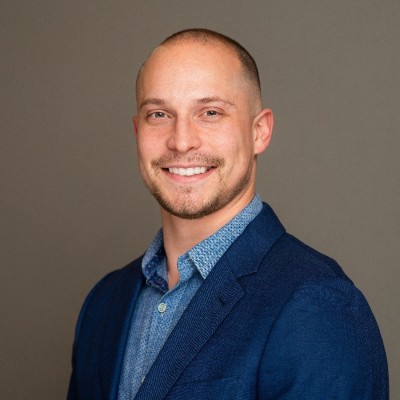
Nick DePorzio
Postdoc Society of Fellows
Nicholas DePorzio is a theoretical physicist specialized in the field of cosmology, and presently focused on understanding the particle nature of the Universe’s dark matter. His research emphasizes revealing incisive constraints across the broad space of proposed physical theories by identifying new ways to combine diverse astronomical and particle experiment datasets. During his PhD – as a GFSD Research Fellow at Harvard University under the advisement of Professor Cora Dvorkin and Professor Lisa Randall – he investigated how light but massive thermal relic fields and the formation mechanisms of eccentric binary black hole populations imprint information in galaxy surveys, gravitational wave detectors, cosmic microwave background observations, and other astronomical datasets. Nicholas’s current research program includes studying: how ultralight axion fields affect the formation of structure in the Universe and might generate anomalous signals in the cosmic microwave background; generalized signatures of cosmological relics; and the use of binary black holes to probe cosmological epochs beyond the reach of other datasets. Prior to his doctoral studies, Nicholas researched neutrinoless double-beta decay with the CUORE experiment under advisement of Professor Lindley Winslow at MIT and did research with the Compact Muon Solenoid experiment under advisement of Professor Darien Wood and Professor Emanuela Barberis at Northeastern University. Complementary to his research activities, Nicholas has assisted in teaching the graduate Particle Physics and Cosmology course at Harvard, provided research mentorship to several younger students, and enthusiastically embraces cross-field collaborations along with the community workshops and meetings that support them. He is also a fierce proponent of science outreach and science policy, having given numerous public lectures, lobbied congress in support of physics research, and made contributions to the Science in the News, Physics Unlimited Moonshot, Women+ of Color Project, Einstein in the Classroom and Cambridge Science Festival programs.
- Affiliation
- Postdocs